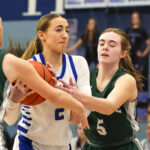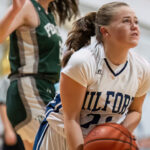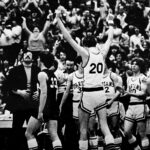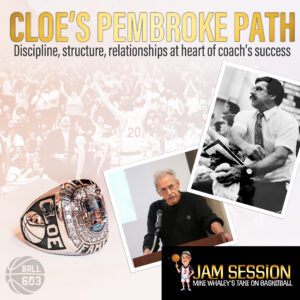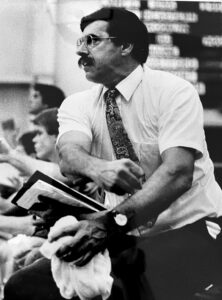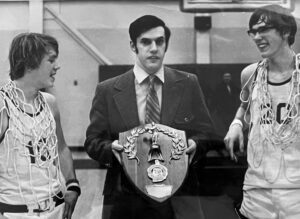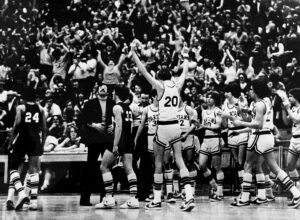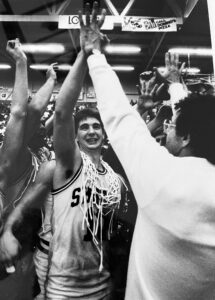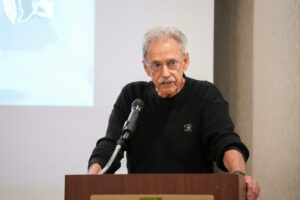By: KJ Cardinal
PLYMOUTH, NH – We tipped off our fifth season of coverage at Foley Gymnasium on Friday night as the Plymouth State women remained unbeaten on the season with a 78-67 victory over visiting Norwich.
The Panthers, whose roster features 14 Granite Staters, used hot shooting and defensive pressure to improve to 4-0 on the young season with the victory.
PSU jumped out to a 14-8 lead in the first quarter and used a 16-4 second quarter spurt to take an 18-point lead to halftime, 42-24.
The Panthers came out firing in the third quarter as they opened the second half on an 11-2 run to push advantage to 27, 53-26.
The visiting Cadets, who entered the contest with a 2-0 mark, would hang around thanks to a 14-4 run to start the fourth. Norwich cut the PSU lead to eight on two occasions, but would get no closer.
Plymouth connected on 10 triples on the evening, thanks to four apiece from seniors Sophie George (Meredith, NH/Tilton School) and Raegan Peck. PSU’s 1-2-2 full court press helped force 20 Cadet turnovers that led to 25 points for the Panthers.
Senior Hailey Malozzi paced third-year head coach Curtis Arsenault’s squad with 18 points, six rebounds and four assists. George pumped in 14 points of her own, while all of Peck’s 12 points came from beyond the arc. Junior Ashley Stephens (Pembroke, NH/Pembroke Academy) was also in double digits for the Panthers with 10 points.
Freshman Macy Swormstedt (Laconia, NH/Laconia HS) got the start for an injured Kaley Goodhart (Center Conway, NH/Kennett HS). Swormstedt tallied five points, five rebounds and four assists in 27 minutes of action.
Next up, Plymouth hosts VTSU-Lyndon on Tuesday at 5 p.m.
Check out the full photo gallery of the action by KJ Cardinal…










































































































































































































































































































































































































































































































